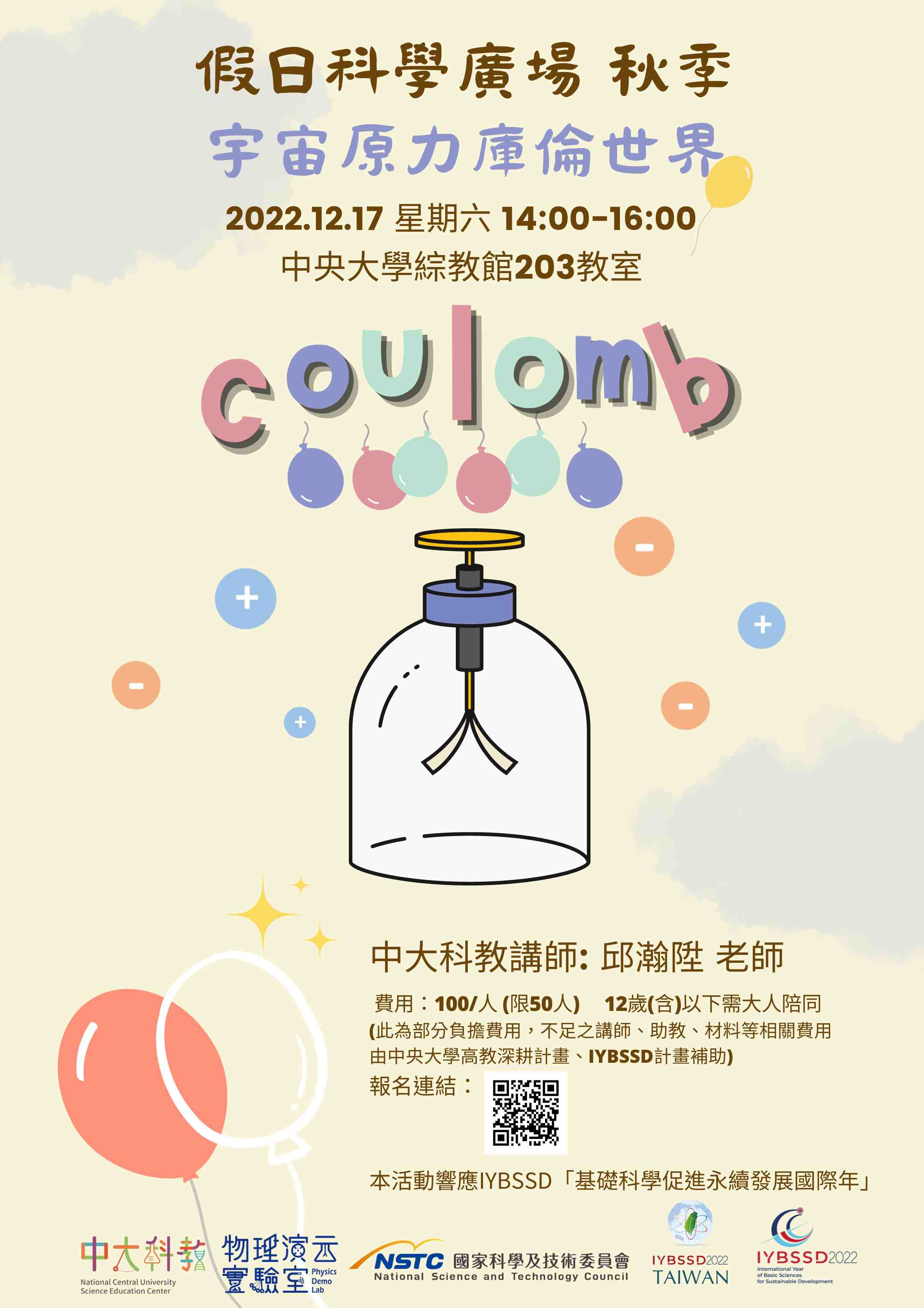This symposium was originally called "Republic of China Science Education Symposium". It was sponsored by the Science Education Society of the Republic of China and organized by the science education-related institutes of normal and educational universities in turn. So far (111 years of the Republic of China), 38 sessions have been held. Over the years, the Association has invited well-known scholars at home and abroad to give keynote speeches. Since the 28th session, it has been expanded to an international seminar. Through cooperation with international academic organizations, handling of English manuscripts and English publication, in addition to enhancing the domestic scientific education community The academic influence of science education has allowed domestic and foreign science education researchers and practitioners to have more space for dialogue and co-construction of knowledge.
Therefore, the Science Education Symposium held at the end of each year has become a major event in the domestic science education academic circle. It has contributed to the practical promotion of science education and international academic exchanges and cooperation, and it is indeed necessary to continue to promote the implementation. Adhering to the above concepts and the basis of international cooperation, the "38th International Symposium on Science Education" has been recognized by the East Asian Science Education Association (EASE). dialogue and exchange.
The 38th International Symposium on Science Education will be hosted by National Tsing Hua University. It is planned to focus on "Rethinking Learning: Science Education Based on Mental Science", which covers STEM/STEAM education, teaching and learning of ability development, and literacy-oriented evaluation. It is an important topic of scientific education research at home and abroad, such as quantity, teacher training of pre-service teachers, professional growth of in-service teachers, digital learning environment and smart learning. The above topics, such as STEM/STEAM education, literacy-oriented assessment, etc., all follow the g6-4su syllabus that emphasizes the concept of interdisciplinary core literacy as the main axis of curriculum development. It is believed that the researchers and teachers participating in the conference can jointly develop and share more curriculum modules that are helpful for the development of students' core literacy through the holding of this conference. How to design. Only when the design of assessment tools allows teachers to effectively measure the above-mentioned abilities of students, teachers can further design curriculum activities to help students develop their abilities. Whether such courses are presented as inquiry-based courses or STEM course units, they can be adapted to help students develop core competencies and abilities that they can take away in the future during the course participation process. Such "interaction" and "common good" are also the goals pursued by the 108 syllabus. In addition, topics such as teachers' professional growth and digital learning environment can help participating teachers and their students face the challenges of the digital age in order to make good use of the learning resources at hand.






 推廣切合四大核心價值及推廣全民參與之活動
推廣切合四大核心價值及推廣全民參與之活動